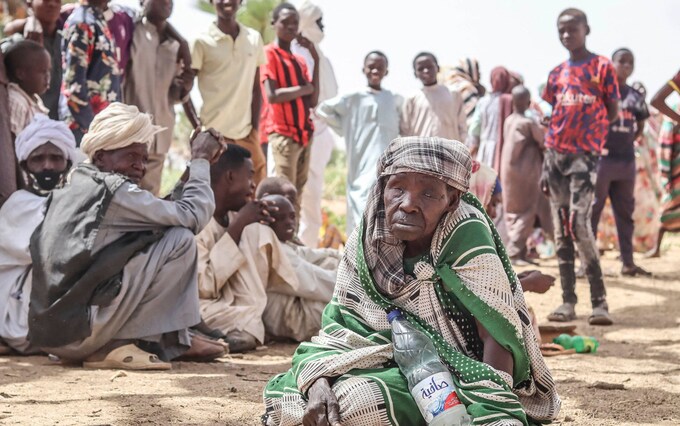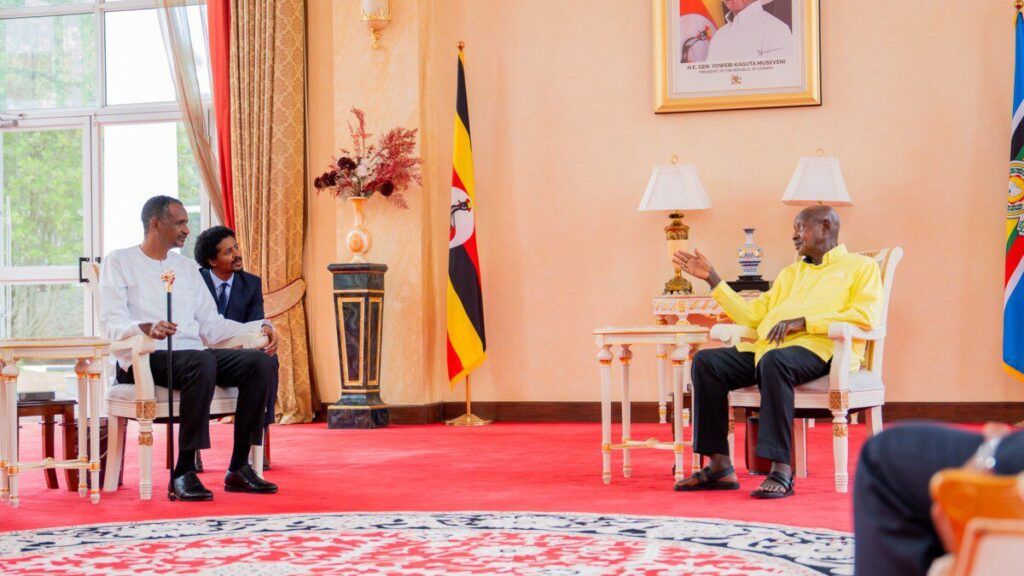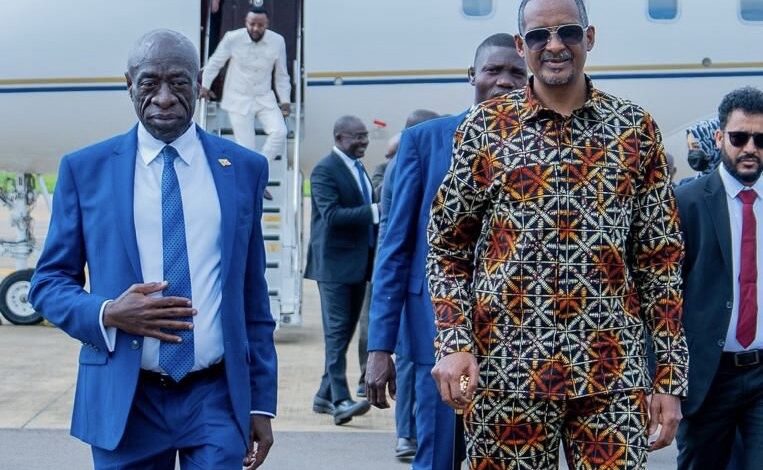
Sudan, torn by conflict and turmoil, is on the brink of a humanitarian catastrophe as the United Nations grapples with a dire shortage of funds, leaving millions in need without adequate assistance.
Clementine Nkweta-Salami, the head of the UN’s humanitarian response in the war-torn nation, revealed in an interview with media that out of nearly 25 million people requiring aid, only a fraction have received support.
However, even this limited aid to approximately four million individuals could soon come to an abrupt halt if the chronic funding shortage persists.
The humanitarian coordinator for Sudan described the current situation as catastrophic, attributing this dire circumstance to an ongoing conflict between rival generals. The clash, which erupted eight months ago between army chief Abdel Fattah al-Burhan and RSF Commander Mohamed Hamdan Dagalo, has resulted in the loss of over 12,190 lives, as reported by the Armed Conflict Location & Event Data Project (ACLED). This figure, however, is considered a conservative estimate due to isolated regions completely disconnected from the outside world.
The repercussions of this conflict have led to a staggering seven million people being displaced in Sudan, marking it as the most significant displacement crisis globally, according to Nkweta-Salami.
Despite the enormity of the crisis, the response from humanitarian efforts remains grossly underfunded. Nkweta-Salami lamented that only 38.6 percent of the required $2.6 billion for 2023 has been received thus far.
She issued a warning that unless adequate resources are made available, there will come a point where physical access to affected areas will not translate into the essential assistance needed to alleviate the suffering of those in need.
Disaster all around
Sudan, amidst the overshadowing focus on the Israel-Hamas conflict in Gaza, witnessed a devastating turn of events with the departure of nearly all aid groups following the eruption of violence. Their departure was marked by looted warehouses and the harassment or assault of workers.
“I have never, in all my years, seen such a horrific mega-catastrophe with so little attention or resources to reach people in their hour of greatest need,” said Jan Egeland, secretary general of the Norwegian Refugee Council, one of a handful of organisations still providing vital aid across Sudan.
“Millions are trapped in the crossfire, in ethnic violence, in bombardments, and we are simply not there,” he told media.
Both Egeland and Nkweta-Salami concur on the staggering gaps in aid provision.
According to the UN representative, “We are facing a population that is about 24.7 million people in need of humanitarian assistance,” or more than one in two Sudanese.
“To date, we’ve been able to reach about four million and our goal is to hopefully reach around 18 million” who face immense challenges with “health, water and sanitation, food and malnutrition,” she continued.
It was only recently that the UN managed to regain restricted entry via Chad into parts of Darfur, Sudan’s extensive western region, which the UN has cautioned as at risk of “genocide.”
According to an announcement from Sudan’s official news agency SUNA, the Sudanese foreign ministry declared 15 diplomats from the UAE persona non grata, demanding their departure within 48 hours.
In recent times, both pro-army demonstrators and high-ranking officials allied with Burhan have accused the United Arab Emirates of supporting the RSF.




